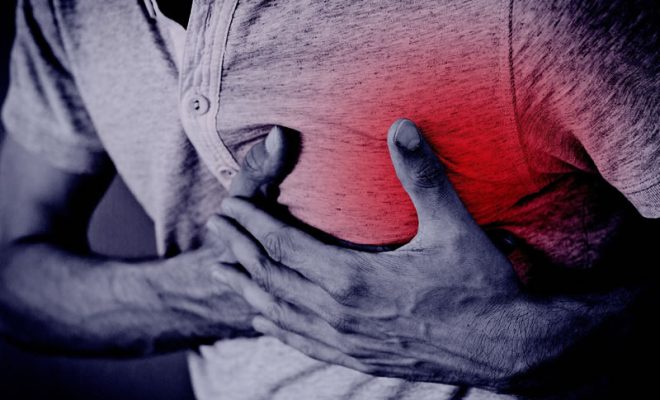Understanding Silent Heart Attacks: Staying Safe During Hot Weather

When we think of heart attack, illustrations of sudden, crushing chest pain and dramatic emergency scenes strike our mind. However, not all heart attacks announce themselves so patently. A silent heart attack, medically termed as silent myocardial infarction (SMI), can occur without the typical distinct symptoms. These silent myocardial infarctions can be just as dangerous, if not more so, because they often go undetected and untreated.
How Silent Heart Attacks Occur
A silent heart attack happens when blood flow to a part of heart muscle is blocked, usually by a buildup of plaque (fatty deposits) in the coronary arteries. This blockage hinders oxygen rich blood from reaching a section of heart muscle, causing damage or even death of the heart tissue. Unlike a typical heart attack, a silent heart attack might not cause any pain or discomfort, making it difficult to recognize.
Subtle Signs to Watch For
Despite not having the classic symptoms like severe chest pain, silent heart attacks do leave some clues. Here are some subtle signs that might imply a silent heart attacks:
- Mild discomfort in chest, arms or jaw that comes and goes.
- Breath shortness, particularly during physical toil.
- Unexplained fatigue or general feeling of being unwell.
- Nausea, indigestion or stomach discomfort that is relentless.
- Dizziness or lightheadedness
These symptoms can be easily deceived for less serious issues such as stress or indigestion, which is why many silent heart attacks go unnoticed until unveiled during a routine medical examination.
Who is at Risk?
Certain factors can raise the likelihood of experiencing a silent heart attack. Understanding these risk factors is essential for prevention:
- Age: The risk of heart attacks increases with age, particularly for men over 45 and women over 55.
- High Blood Pressure: Tenacious high blood pressure can damage arteries over time.
- High Cholesterol: Raised cholesterol levels can lead to plaque buildup in arteries.
- Diabetes: Diabetes substantially raises the risk of heart diseases and silent heart attacks.
- Smoking: Smoking damages the heart and blood vessels, significantly increasing risk.
- Family History: A family heredity of heart diseases raises your own risk.
The Role of Hot Weather
Hot weather can intensify the struggle and risks for individuals vulnerable to heart attacks. High temperatures force the cardiovascular system to work harder to cool the body, which increases heart strain. Dehydration more common in hot weather can thicken the blood, raising the likelihood of clots that can block arteries and trigger heart attacks.
Also Read | No Tobacco Day: Quit Smoking With These Healthy Food Options
Staying Safe in Hot Weather
Here are some steps to protect yourself during hot weather:
- Stay Hydrated: Drink water regularly throughout the day to stay hydrated. Minimize intake of caffeine and alcohol, as it can dehydrate you.
- Avoid Overexertion: Limit grueling activities during peak heat hours. Exercise in the cooler hours of the day, such as early morning or late evening.
- Seek Cool Environments: Spend time in shaded areas or air conditioned places to avoid excessive heat exposure.
- Monitor Your Health: Be mindful of how your body feels and reacts. Any unusual symptoms should incite immediate medical attention.
Silent heart attacks are a serious and often overlooked health risk. Their elusive symptoms and possibility for severe heart damage make prevention and awareness crucial. This becomes even more serious in hot weather, which can increase the risk. By staying informed about the signs, symptoms and preventive measures, one can better protect their heart health. If you suspect you might be experiencing a heart attack, silent or otherwise, seek medical attention as soon as possible. Early intervention and detection are key to alleviating the damage and saving lives.



